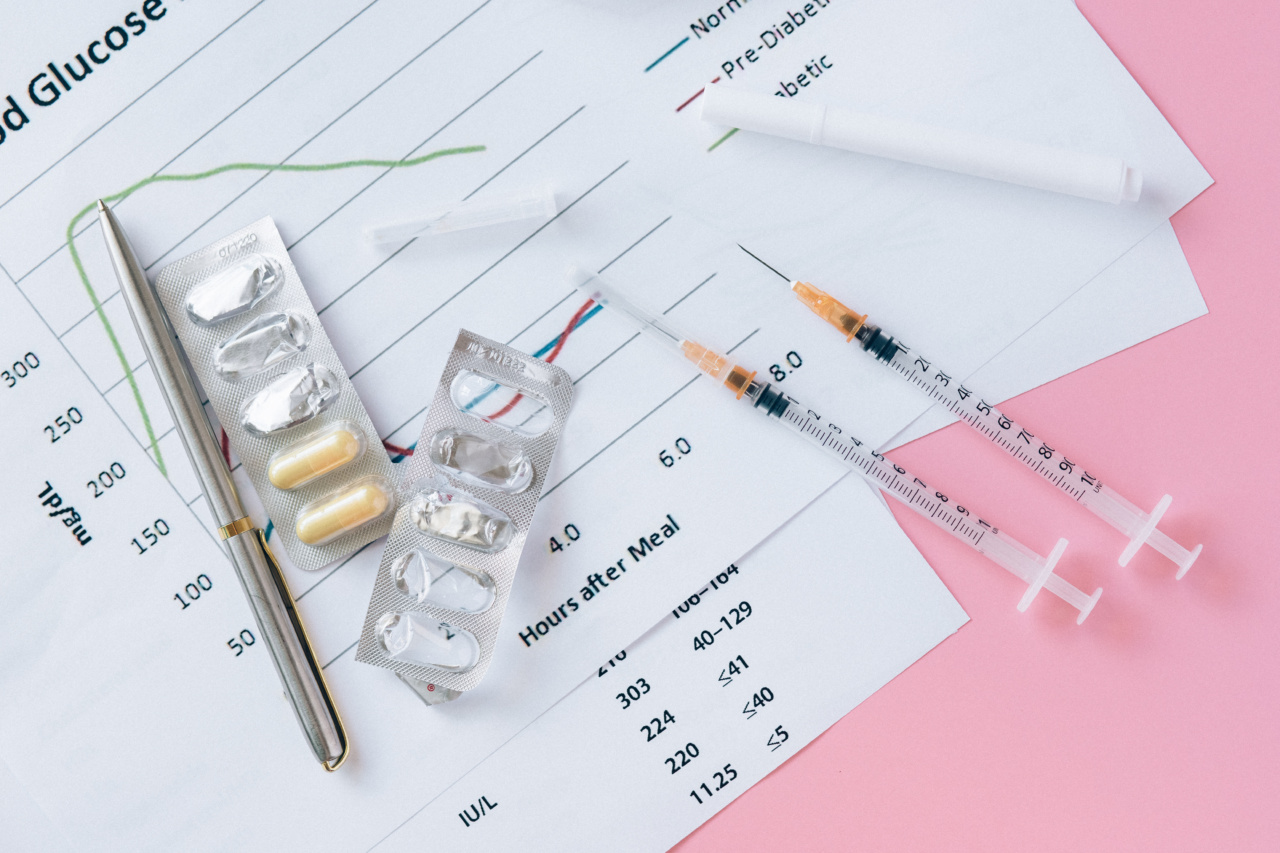Sugar regulation in the body is crucial for maintaining overall health and well-being. Imbalances in sugar levels can lead to various health issues, including diabetes, obesity, and cardiovascular diseases.
Hyperinsulinemia control plays a significant role in achieving a balance in sugar regulation. This article explores the importance of hyperinsulinemia control and provides strategies to maintain sugar balance effectively.
Understanding Hyperinsulinemia
Hyperinsulinemia refers to elevated levels of insulin in the bloodstream. Insulin is a hormone produced by the pancreas that helps regulate blood sugar levels.
When the body becomes resistant to insulin, the pancreas compensates by producing more insulin, leading to hyperinsulinemia. This condition often precedes the development of type 2 diabetes.
Effects of Hyperinsulinemia
Excessive insulin levels can have detrimental effects on the body. It promotes the storage of excess glucose as fat, leading to weight gain and obesity.
Hyperinsulinemia also contributes to increased inflammation, high blood pressure, and an imbalanced lipid profile. Additionally, it disrupts the delicate balance of hormones in the body, leading to a range of health issues.
Controlling Hyperinsulinemia
Controlling hyperinsulinemia is essential for achieving balance in sugar regulation. Here are some strategies to help regulate insulin levels:.
1. Maintain a Balanced Diet
Eating a balanced diet is crucial for managing insulin levels. Focus on consuming whole foods, such as fruits, vegetables, lean proteins, and whole grains. Avoid processed foods, sugary snacks, and beverages high in added sugars.
Eating balanced meals with a mix of macronutrients helps prevent blood sugar spikes and maintains insulin sensitivity.
2. Regular Physical Activity
Engaging in regular physical activity can significantly improve insulin sensitivity. Exercise helps the muscles use glucose more efficiently, reducing the demand for insulin.
Aim for at least 150 minutes of moderate-intensity aerobic activity each week, along with strength training exercises for muscle development.
3. Reduce Stress Levels
Chronic stress can lead to increased insulin resistance and elevated insulin levels. Find stress-reducing activities that work for you, such as meditation, yoga, or spending time in nature.
Prioritizing self-care and managing stress can positively impact insulin regulation.
4. Get Enough Sleep
Inadequate sleep disrupts the body’s hormonal balance, including insulin regulation. Aim for 7-9 hours of quality sleep each night to support overall health and insulin sensitivity.
Establish a regular sleep schedule and create a sleep-friendly environment to improve sleep duration and quality.
5. Avoid Excessive Alcohol Consumption
Excessive alcohol consumption can disrupt insulin levels and contribute to insulin resistance. Limit alcohol intake to moderate levels and avoid binge drinking to maintain proper sugar regulation.
Be mindful of caloric content and choose lower-sugar alcoholic beverages when indulging.
6. Consider Intermittent Fasting
Intermittent fasting is an eating pattern that involves alternating periods of fasting and eating. This approach can improve insulin sensitivity and help regulate insulin levels.
Consult with a healthcare professional before attempting intermittent fasting, especially if you have underlying health conditions.
7. Manage Weight Effectively
Excess body weight is strongly associated with insulin resistance and hyperinsulinemia. If overweight or obese, implement lifestyle changes that promote healthy weight loss, such as reducing caloric intake and increasing physical activity.
Even a modest weight loss can significantly improve insulin sensitivity.
8. Regularly Monitor Blood Sugar Levels
Regularly monitoring blood sugar levels is crucial for understanding how your body responds to different foods and activities.
This information can help you make informed decisions about your diet and lifestyle choices, ensuring better sugar regulation and insulin control.
9. Consult with a Healthcare Professional
If you suspect or have been diagnosed with hyperinsulinemia, consult with a healthcare professional for appropriate medical guidance. They can help identify underlying causes, develop personalized treatment plans, and monitor your progress.
Conclusion
Achieving balance in sugar regulation is critical for overall health and prevention of various diseases. Hyperinsulinemia control plays a pivotal role in maintaining this balance.
By adopting a balanced diet, engaging in regular exercise, reducing stress, prioritizing sleep, avoiding excessive alcohol consumption, considering intermittent fasting, managing weight effectively, monitoring blood sugar levels, and consulting with healthcare professionals, individuals can achieve better sugar regulation and mitigate the risk of insulin-related health issues.































